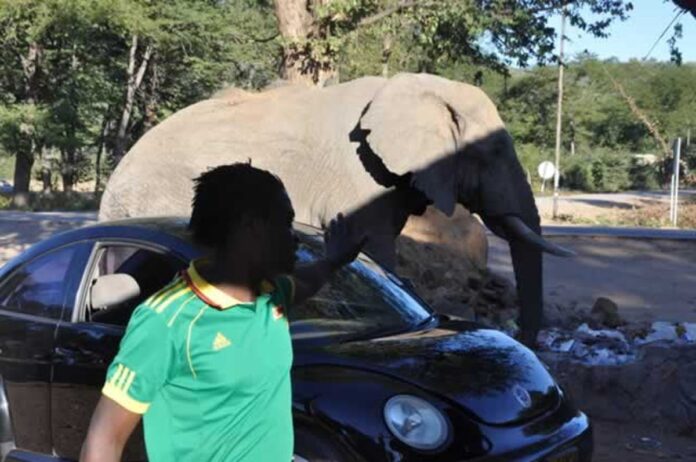
Sharon Chikwanha
Zimbabwe has lost an estimated US$153 billion through the illegal trade of wildlife products including timber and fisheries with government reviewing the wildlife act to protect Zimbabwe’s natural resources.
Addressing the Final Parks and Wildlife Act Legislative Review Consultative Meeting in Harare on Wednesday this week, Environment, Climate, Tourism and Hospitality Industry Minister Mangaliso Ndlovu calling for laws that eradicate crime.
Poaching and smuggling is considered one of the key threats facing biodiversity and sustainable utilization in Zimbabwe.
Smuggling involves transnational organized crime and has strong linkages with the trafficking of other non-wildlife products.
“It is estimated that resources worth between US$48 to US$153 billion are lost through illegally traded wildlife products including timber and fisheries globally each year.
“There is therefore need for us to come up with laws that help to eradicate these crimes by identifying them clearly and outing up deterrent sentences for those convicted.
“In the same breath there is need to empower the law enforcement hierarchy, from Rangers to the judges, to ensure that they have the capacity to deal decisively with wildlife criminals.”
Minister Ndlovu said the Wildlife Act review would ensure that it meets the needs of society while addressing a myriad of contemporary challenges.
Zimbabwe has the second largest population of elephants in world.
“The approximately 83,000 elephants are against a much lower carrying capacity which is being influenced by a number of other socio economic factors such as human population increase, climate change and land use change.
“We have growing populations for other species that are endangered in other regions. These are also facing danger emanating from habitat loss, particularly the smaller herbivores.
“Our conservation successes over the years as a country have led to this dilemma and unfortunately, the current legislation had not envisaged this.
“We therefore need Legislation that addresses these issues while also ensuring that there is equitable distribution of the benefits derived.”
He said there was need to curb human-wildlife conflict and land use conflict.
“The settling of people in or near the park estate has increased human wildlife conflict. There is need to ensure that both humans and animals are protected by not settling people in wildlife areas and ensuring that those already in these areas are protected,” he said.
He called on for the legislation that would stop mining in national parks while ensuring measures ensuring that government pronouncements to stop the activities are implemented.












